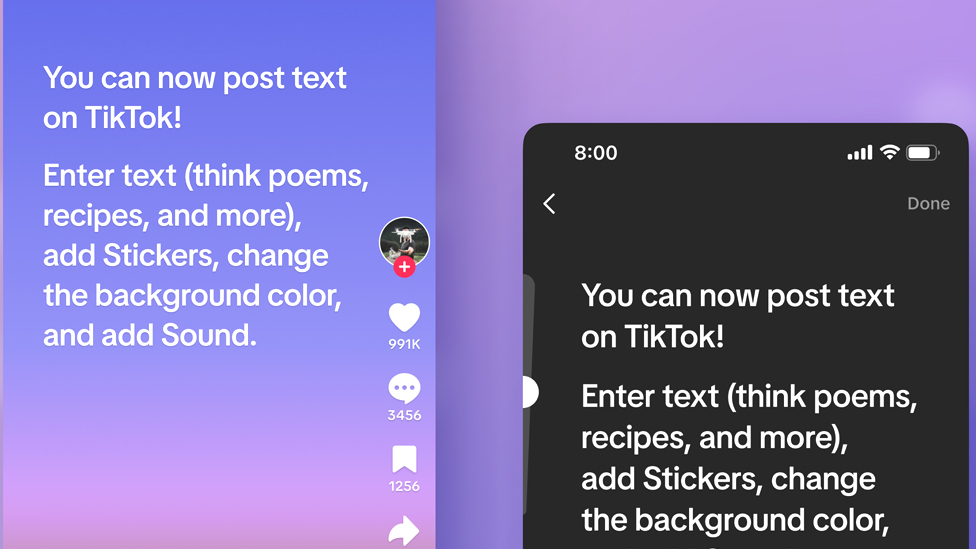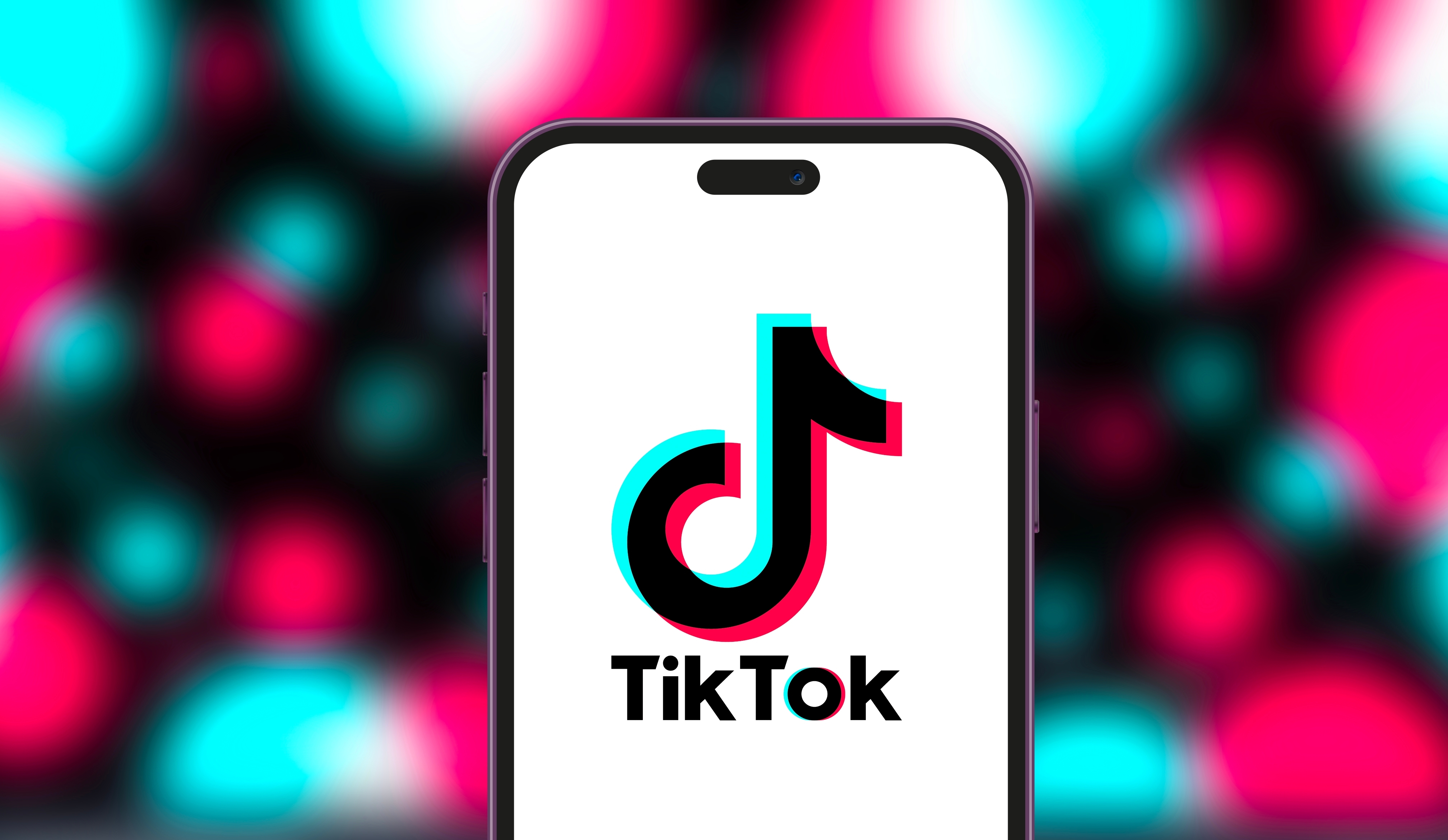Get the latest tech news
TikTok has turned culture into a feedback loop of impulse and machine learning
As of September 2025, approximately 170 million Americans spend, on average, one hour every day in an app that is designed to maximize psychological grip. While Congress fixates on TikTok’s data collection usages, what hasn’t received enough attention is how the platform has successfully industrialized human attention itself.
In entertainment, traditional stand-up comedy builds tension over minutes before a punchline, but TikTok comedians deliver the absurd immediately — a person discovering their roommate has been using their toothbrush as a cleaning brush — and increasingly structure shows around "clippable moments" designed to go viral. Song introductions have shortened dramatically, with one study finding average intros fell from more than 20 seconds in the 1980s to just five, while movie trailers increasingly resemble TikTok compilations: rapid-fire montages of action sequences and emotional beats rather than traditional narrative setups. That evolutionary pressure produced increasingly sophisticated ways to capture attention, and the most successful apps learned to treat human psychology like an engineering problem to be solved through data and iteration.
Or read this on Hacker News
